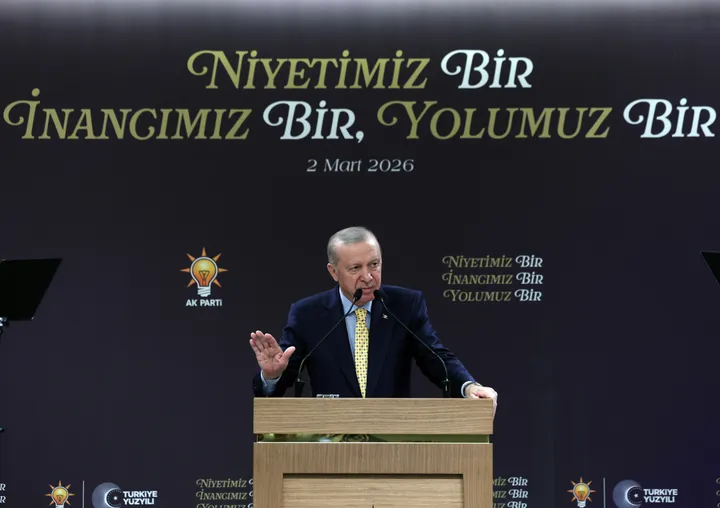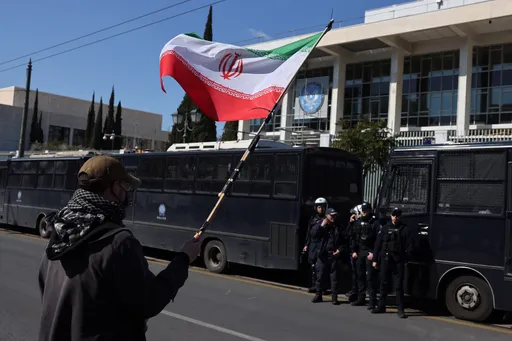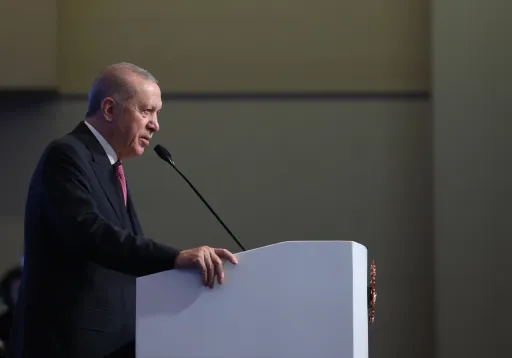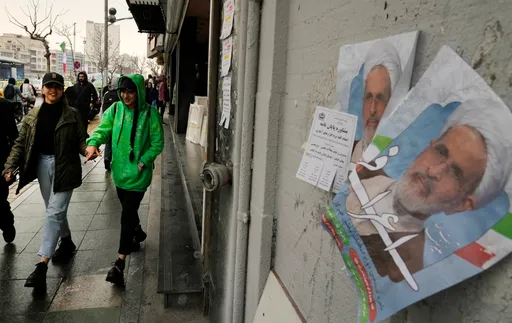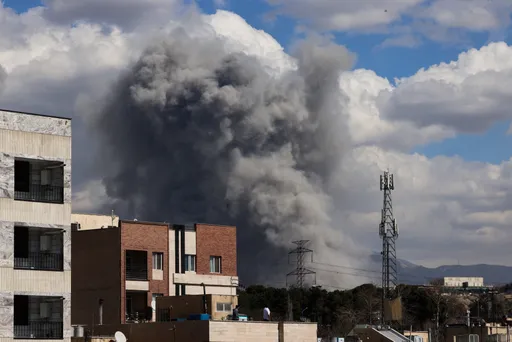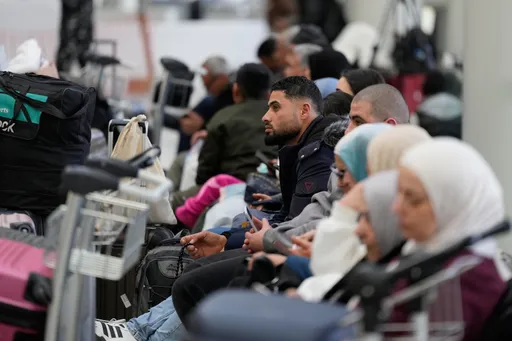Afghanistan's Taliban rulers have held their first major gathering of Muslim clerics and tribal elders since they took over the country in August, with over 3,000 coming to the capital for the event.
Held in the Loya Jirga Hall of Kabul's Polytechnic University on Thursday, the meeting aimed to address grievances and a variety of issues, although its agenda was not announced publicly, Zabihullah Mujahid, the Taliban’s spokesperson and deputy information and culture minister said.
Women were not allowed to attend the event, although media reports suggested that the reopening of the girls’ schools would be discussed, along with other issues.
The Taliban’s Deputy Prime Minister Abdul Salam Hanafi told state broadcaster RTA on Wednesday that the event would be a forum for different views, and “a positive step for stability and strengthening national unity across the country.”
Male delegates would represent women, he added.
“The women are our mothers, our sisters, and we respect them. When their sons are in the gathering it means that they are also involved,” he said.
READ MORE:Earthquake survivors in Afghanistan 'at risk' of disease outbreak
Economic issues
The meeting comes as finance and central bank officials from the Taliban-led government are meeting with US officials in Qatar to discuss economic and aid issues following Afghanistan's deadly earthquake last week, the latest of the country’s woes.
The Washington Post reported earlier this week that senior Biden administration officials are working with the Taliban leadership on a mechanism to allow Afghanistan’s government to use its central bank reserves to address the country’s severe hunger and poverty crises while erecting safeguards to ensure the funds are not misused.
READ MORE: Taliban, US to discuss Afghan funds release in Qatar talks

